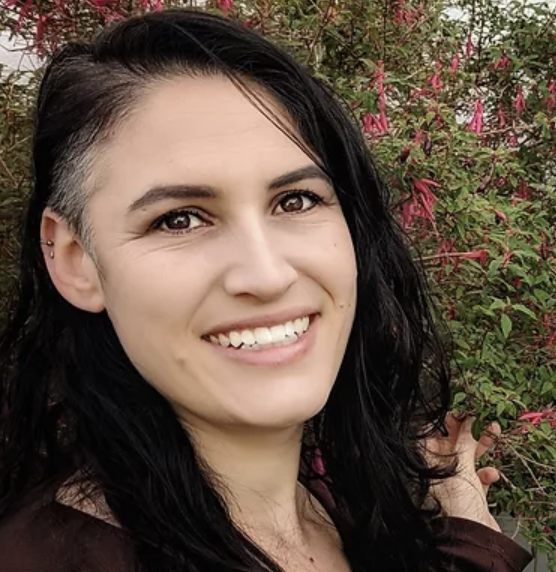It takes a lot of effort by small-scale commons to get started, especially to raise and manage money, negotiate budgets, pay people, comply with tax laws, etc. That got easier with the rise of Open Collective, a new type of platform nonprofit that helps many types of collectives gather and spend money transparently.
You can consider Open Collective an infrastructure for commoning -- a backend system that makes it easier and more normal for people to manage money fairly, collectively, and with open accountability.
In the latest episode of Frontiers of Commoning, I speak with Alanna Irving, Chief Operating Officer of Open Collective, a nonprofit that handles the complicated, messy administrative and financial work for small, often-underfunded collectives. This work includes handling donations, providing fiscal sponsorship, making payments, and so forth, which are often too costly and complex for mutual aid groups, cooperatives, commons, and other small projects to manage.

Irving comes to the challenges of network-based governance with a wealth of firsthand experience. She was an early member of Enspiral, the pioneering New Zealand group that developed new organizational structures and culture for their online community. That project had two notable offshoots that helped pave the way for Open Collective: the software platforms known as Loomio, for group deliberation and decisionmaking, and Cobudget, an app for managing shared spending and allocations of money within a collective.
As an early participant in this journey, Irving became an expert in "distributed leadership" and peer governance in horizontal, networked organizations striving to live by open source principles. She also learned about cooperative governance.... technology that is designed to be participatory.... and radically collaborative uses of money.
Irving believes that it is entirely possible for people to self-manage themselves on horizontal networks, eliciting a diversity of talent and nurturing people's personal growth while serving the common good. But this challenge usually requires "hacking organizational structures with our values," as she puts it.
People also need to learn how to "harness the dark side of money and bring it into the light," and to deal frankly with issues of power. Irving has found that, in managing money and risk, "it's very helpful to do it together" because "I'm personally risk-averse. What I've found is that, if I can do it together with others, then I can actually take risks."
The same idea holds true for power. If the issues are frankly addressed, everyone's talent and initiative can shine in different ways, without relationships getting caught up in controversies about power inequities.
Open Collective helps reduce the risks and opacity of money-management by figuring out the many legal, financial, and tax complexities that small groups must navigate. Then it tries to help design legal and financial systems that are more aligned with the values of progressive-change organizations than, say, a corporation or a bank.
Started six years ago, Open Collective is now stable, breaking even financially, and growing in size as interest in its backend services surges. But the venture does not aspire to be an investor-driven, profit-maximizing success. It wants to be an infrastructure owned by its users. So the executive team is actively exploring an "Exit to Community" ownership plan at some point. This is a shared-wealth alternative to the standard IPO [Initial Public Offering] that is routinely that investors typically use to liquidate their investments and make serious money.
In addition, Open Collective is engaged in a "learning in public" process with its community of users to figure out how they should organizationally structure and govern themselves after an Exit to Community shift of ownership. Should Open Collective become, for example, a cooperative, a perpetual purpose trust, or a DAO [digital autonomous organization]?
As all this suggests, Open Collective does not want to be a merely transactional market enterprise, but one that fosters social solidarity, co-learning and peer governance in the course of managing money.
This is a real frontier for many small collectives, so it's a pleasure to see Open Collective thriving, growing, and dealing candidly with the complicated challenges. I find it thrilling to encounter such a promising infrastructure to enable commoning.
You can listen to my full interview with Alanna Irving here.










Recent comments